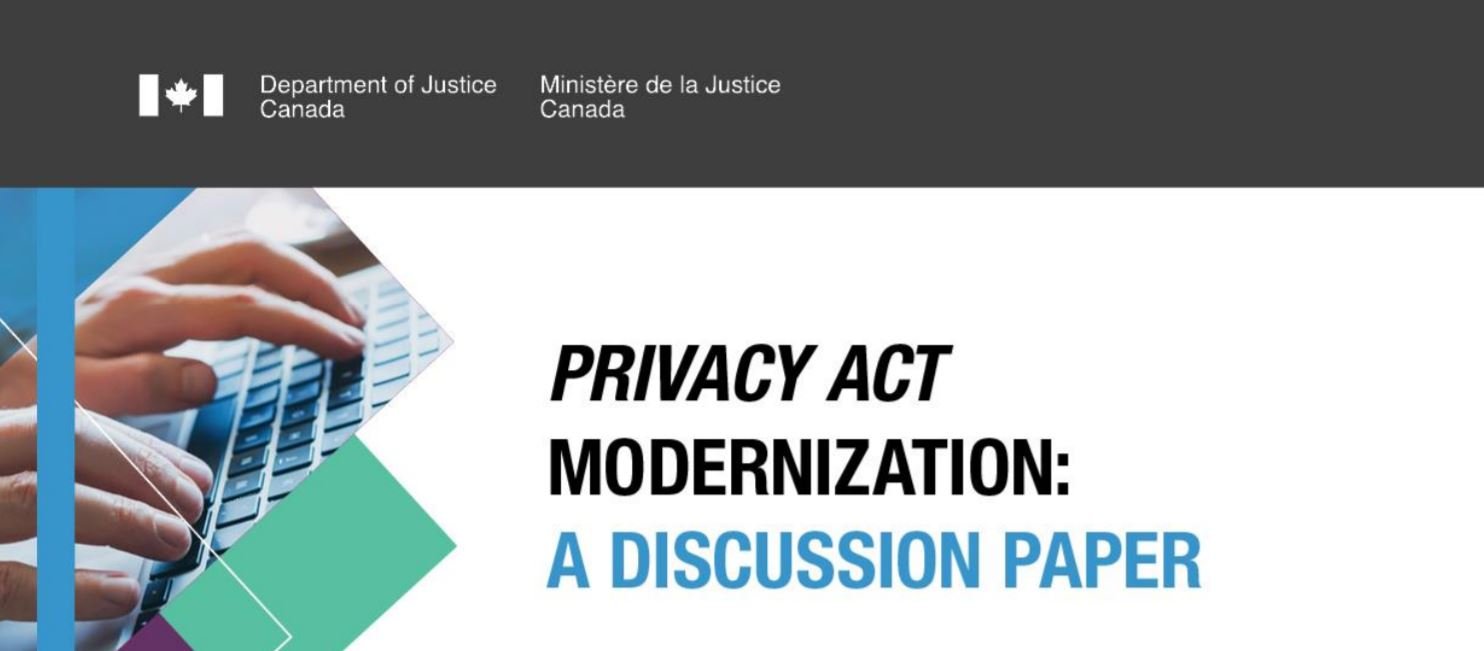Department of Justice Canada
https://www.justice.gc.ca/eng/csj-sjc/pa-lprp/dp-dd/modern_1.html
Digital transformation has fundamentally altered Canadians’ expectations, hopes, and fears about the ways in which their personal information may be used by a range of public and private actors. By profoundly expanding the scope of the possible, digital transformation has reshaped the ways we can flourish as citizens and human beings, how we pursue our personal and public relationships, how we communicate, how we access services, and how we can be supported, regulated, and protected by our government. In the digital age, flows of personal information are rapid, complex and ubiquitous. These developments have important implications for the civic relationship between individuals and their federal government that lies at the heart of the Privacy Act.
Government institutions must adapt to meet Canadians’ changing expectations about how their personal information may be used and respond to their concerns. Canadians have differing levels of comfort with how and in what circumstances personal information might be shared among and between government institutions. Reviewing the Privacy Act in light of digital transformation, modern expectations, and the government’s goals will be an essential element of meeting Canadians’ changing expectations.
This technical discussion paper asks experts to consider the specific question of introducing new privacy principles to guide government’s interactions with individuals alongside modernized rules. The overarching question is whether and how to incorporate new privacy principles into the Privacy Act to enhance the protection of individuals’ privacy rights. Renewed civic relationships grounded in a legal framework that reflects individuals’ contemporary expectations is the ultimate aim.

































